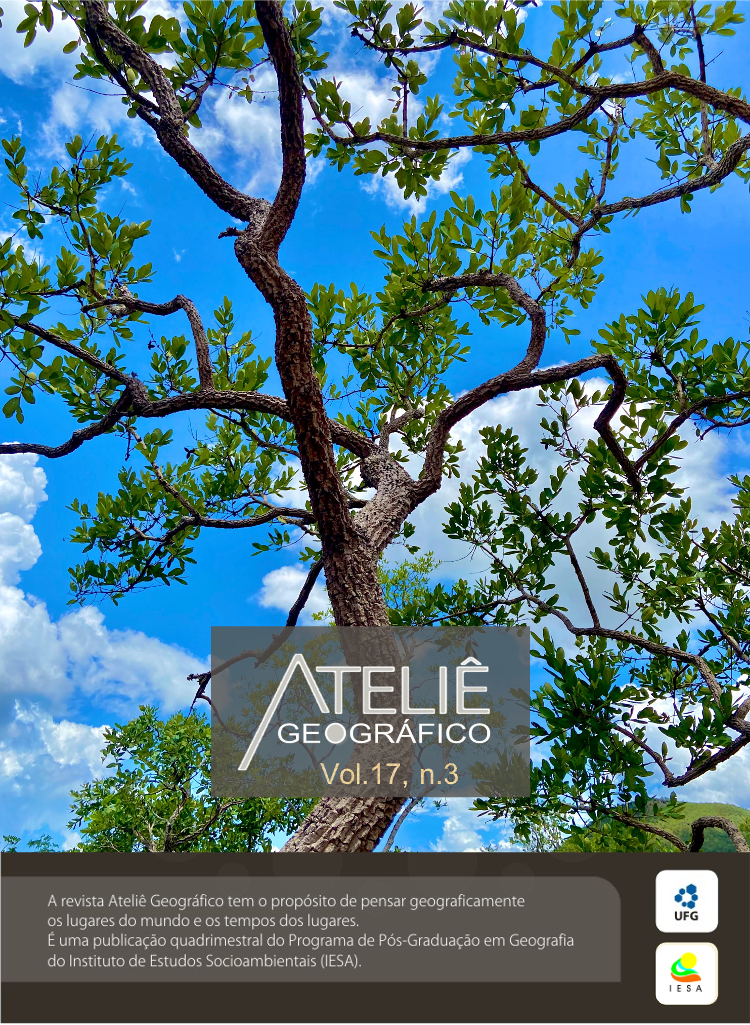Heritage(s) and memory(s). The trajectory of the Nam Qom community of La Plata (Argentina) from the artistic- cultural
DOI:
https://doi.org/10.5216/ag.v17i3.77962Abstract
In the city of La Plata, province of Buenos Aires, Argentina, there has been a presence of indigenous people of the Qom People since the early 1990s, with the Nam Qom Community being the first to settle. In this work we analyze a mural from this community in terms of heritage and the memories that are expressed in it. The ethnographic work sustained with this community for more than thirty years, as well as the dialogue with specific bibliography, allows us to point out that the mural expresses part of the history and memories of Nam Qom and materializes its utopian projects by bringing the past to the present of the community. community (his hunting ancestors, the mountain with its flora and fauna) to project himself into the future. Likewise, this artistic-cultural expression synthesizes knowledge and practices that are part of the “reference cultural heritage” of the Qom People and that have been selected from among a multiplicity of other goods and practices, due to the importance that the community attributes to them.
Key-words: Qom. Cultural heritage. Memory. Mural.
Downloads
Downloads
Published
How to Cite
Issue
Section
License
Autores que publicam nesta revista concordam com os seguintes termos:- Autores mantém os direitos autorais e concedem à revista o direito de primeira publicação, com o trabalho simultaneamente licenciado sob a Licença Creative Commons Attribution que permite o compartilhamento do trabalho com reconhecimento da autoria e publicação inicial nesta revista.
- Os autores não serão remunerados pela publicação de trabalhos na Revista Ateliê Geográfico. Além disso, os conteúdos publicados são de inteira e exclusiva responsabilidade de seus autores, ainda que reservado aos editores o direito de proceder a ajustes textuais e de adequação às normas da publicação.
- Autores têm permissão e são estimulados a divulgar seu trabalho online (ex.: em repositórios institucionais ou na sua página pessoal), já que isso pode gerar alterações produtivas, bem como aumentar o impacto e a citação do trabalho publicado (Veja O Efeito do Acesso Livre).


